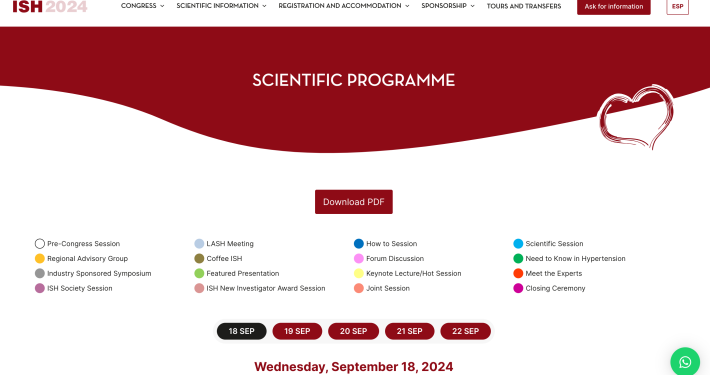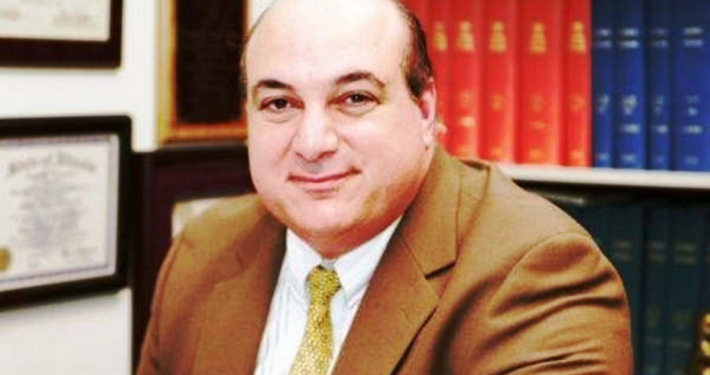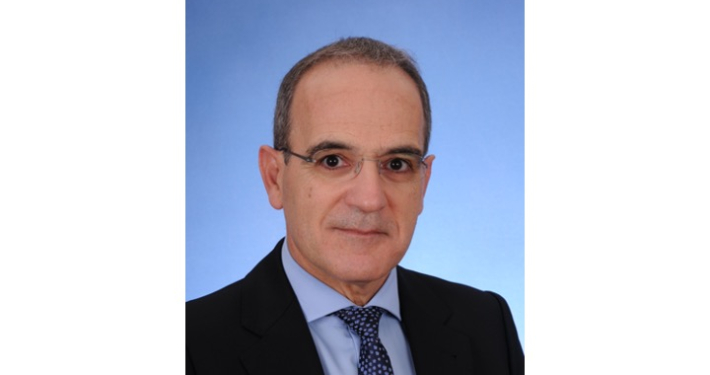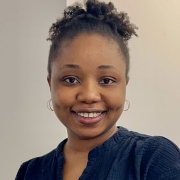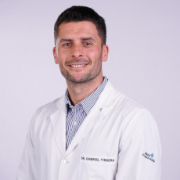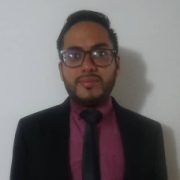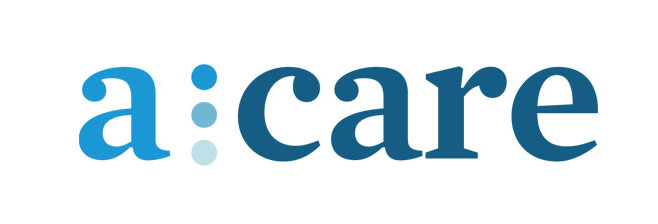How did you become interested in research relating to Hypertension?
I met Dr. Michael Brown and members of his lab, Hypertension Molecular and Applied Physiology, in early 2010, and at that time I was introduced to their specific line of research. My interest in cardiovascular exercise physiology aligned well with Dr. Brown and his team’s ongoing research study.
Describe your research & the program/lab (info of your supervisor) that you are in?
Dr. Michael Brown and members of his lab are involved in a research study regarding the effect of exercise training on risk factors for endothelial dysfunction and hypertension in African Americans, including both in vitro and in vivo measurements and assessments. As a member of the lab, my specific research line includes the integration of molecular physiology experiments to develop a better understanding of the effect of exercise on inflammation, endothelial function, and subsequently hypertension.
What do you consider to be your substantial scientific contribution so far (provide Pubmed PMID if possible)?
The manuscript recently published (April 2013) in the International Journal of Hypertension entitled, “Endothelial Activation Microparticles and Inflammation Status Improve with Exercise Training in African Americans.”
What is your favourite manuscript from a lab other than your own (provide Pubmed PMID if possible)?
“The endothelium and inflammation,” T. Trepels, A.M. Zeiher, and S. Fichtlscherer, Endothelium, vol. 13, no. 6, pp. 423-429, 2006. DOI: 10.1080/10623320601061862
What facilities are essential for your research?
Facilities that are essential for my research are a laboratory with molecular and exercise testing capabilities as well as a research fitness facility with cardiovascular exercise equipment.
Where do your research strengths lie? Why? What are your research weaknesses? How will you improve?
My research strengths lie in attention to detail and organization, an aspiration for thorough understanding, and a willingness and desire to collaborate with others. The aggregation of these strengths is critical to move research forward. My research weaknesses stem from being in the beginning of my research career which does not afford me the experience to be able to forsee potential gliches in my research line. In order to improve, I will continue to train and gain experience in laboratory techniques as well as collaborate with others who have a demonstrated research experience.
Describe your unforgettable (proudest) moment in science, and the most challenging situation that you have had to overcome (lessons learnt) so far?
My most unforgettable moment(s) in science are the acceptance of my submitted works by both intramural and extramural professionals within the field. The most challenging situation in which I continually struggle is realizing that although I can set high performance expectations for myself, things are not always going to be perfect and there is always room for improvement.
At which conference did you first present? How was your experience?
The first conference at which I presented was the American College of Sports Medicine Mid-Atlantic Regional Conference in Harrisburg, PA, 2009. The experience was rewarding because I was able to share my research findings and have discussions with other researchers who shared their input and ideas with me.
What upcoming conferences will you be attending, and what is the furthest distance that you have traveled for a conference?
I will be attending the American College of Sports Medicine National Conference in Indianapolis, Indiana in May 2013, and the American Heart Association High Blood Pressure Research Conference in New Orleans, Louisiana in September 2013. The furthest I have traveled for a conference is San Francisco, California.
How did you learn about ISH/NIN and its activities?
I learned about ISH/NIN through a fellow colleague and member of ISH/NIN.
What area(s) do you wish to specialize in the future?
My research interests are in the area of cardiovascular physiology. I would like to specialize in the integration of molecular physiology investigations in understanding the effect of exercise on the pathophysiology of cardiovascular diseases.
Who is your role model in Science? Why?
There have been multiple people who have invested in me and my career in scientific research. Many of the inter- and intra-disciplinary professionals with whom I have collaborated have enlightened me to the fact that scientific research is advanced through a group effort.
What are your scientific goals? Advise for talented emerging scientists?
Following completion of the requirements for my Ph.D. in Exercise Physiology, my goal is to work in academia as a professor and researcher. In addition, I plan to continue my current research line to further explore the role of exercise on molecular adaptations in the presence of disease and share those findings at professional conferences. My advice to talented emerging scientists is to be open to ideas, discussion, and collaboration with other colleagues because it is interactions among colleagues that enable us to grow and advance professionally.

